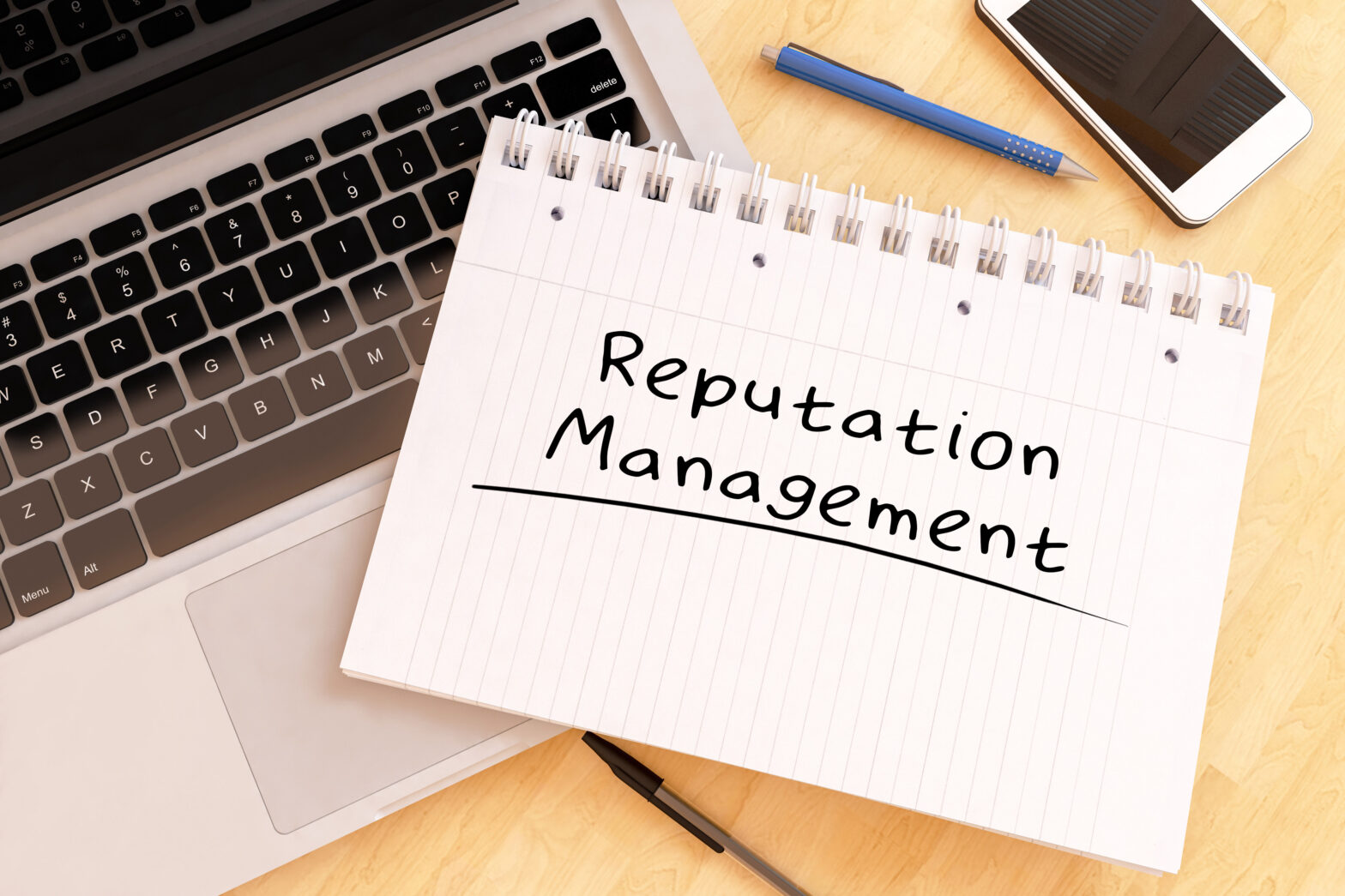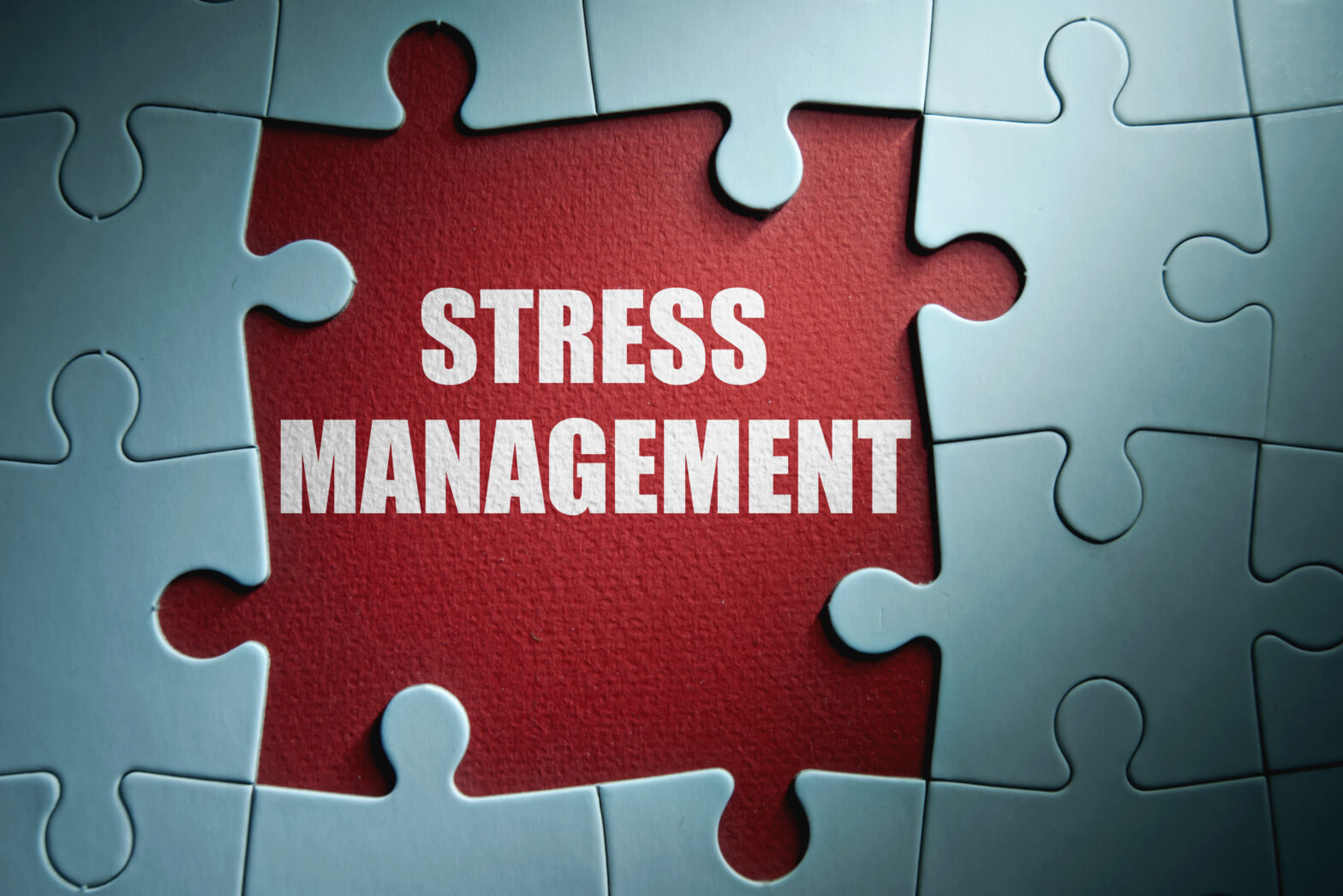In this SmallBusiness monthly series of ‘Lessons Learned’, Jennifer Janson, author of The Reputation Playbook and managing director of Six Degrees, will assess how a company recently in the news has handled a crisis, and provide top tips for small businesses to avoid making the same mistakes:
Even if you’re not a big Oscars fan, I can’t believe there are many out there who didn’t hear about the colossal cock-up that unfolded as the wrong winner for the night’s biggest award was announced, live on TV. Social media lit up with talk about whether announcers Faye Dunaway and Warren Beatty had known what was happening. And how the mix-up stole the thunder from the cast of Moonlight.
Within seconds, questions began to emerge about the role global accounting firm PwC had to play in the event. The story hit headlines for days, spreading like social media wildfire as the responsibility ultimately fell on the shoulders of a single PwC employee, partner Brian Cullinan. He had one job. ONE job. But he made a mistake. And mistakes happen to the best of us. So, what can we, as small businesses, learn from how PwC handled the crisis?
At some point, your company will face a crisis (hopefully not on the scale of this one). How you deal with it matters almost as much (possibly more) than the issue that sparks the crisis in the first place. It is an opportunity to show all of your stakeholders that you care about them and their experience with you. What can we learn from what is possibly the greatest disaster in the history of the Academy Awards?
Act fast
Despite the fact that no one really knew the detail about what happened on the night, as the firm responsible for balloting, PwC acted quickly to apologise to the presenters, the Academy and viewers. I can imagine a heated debate internally about waiting to find out where the blame lay, but a statement was released within a few hours, unreservedly apologising:
‘We sincerely apologise to Moonlight, La La Land, Warren Beatty, Faye Dunaway, and Oscar viewers for the error that was made during the award announcement for best picture.’
In most large global businesses, an apology like that would not be so quickly forthcoming.
Follow up
As the media maelstrom gathered pace, with lots of speculation about the company’s ability to keep the Academy as a customer (of 83 years no less!), the company continued to communicate. It issued follow-up statements that sounded suitably human:
‘We are currently investigating how this could have happened, and deeply regret that this occurred.’
No hint of ‘we take our role very seriously’ – a statement used in so many crisis situations it has lost all meaning. Let people assume you take the situation seriously and tell them what you are doing about it.
Make things right with your customer
We have no way of knowing how they are addressing it, but PwC has a job to do to ensure its reputation remains intact, both with the Academy and with other customers. We’ve heard that they had teams reaching out immediately to other awards shows they work with to reassure them, as you would expect. But PwC needs to be seen to be taking concrete actions to ensure that this doesn’t happen again. Whether those actions are communicated publicly is a matter for discussion.
Never assume there’s no risk
I imagine there are some people reading this thinking ‘but we don’t do anything so high profile or in the public eye’. Sure, you might not work with THIS high profile client, but think about it. PwC is an accounting firm. It is merely part of the supply chain, and when you work for big businesses, it can easily get you into trouble. Think about last year’s Boeing fire when a component manufacturer related to battery installation was blamed. If you work for businesses that serve the public in any way, then you need to think about this stuff. Fail to plan and you plan to fail.





